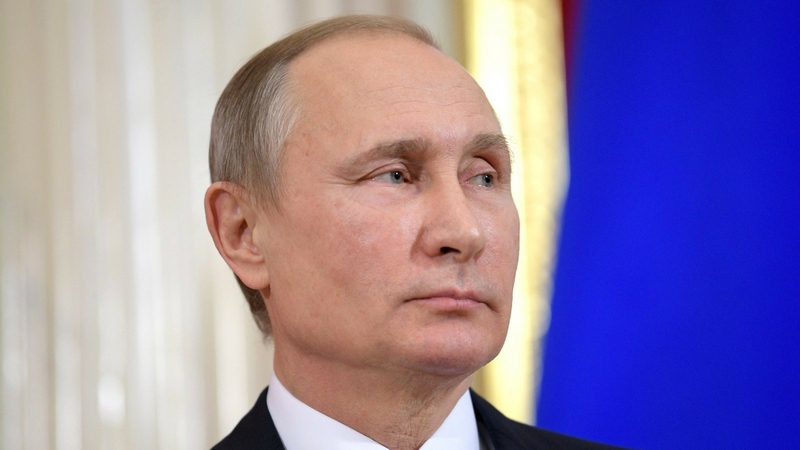As COVID-19 headlines continue to dominate news cycles, pro-Kremlin disinformation outlets are working tirelessly to churn out false stories about the virus.
As soon as news broke of the first cases in late January, these outlets had their conspiracy theory ready for dissemination: “The virus is created in NATO and/or laboratories”.
This is a line they continue to repeat but researchers monitoring and collecting these stories have started to spot a pattern – depending on the target audience. If it’s a Russian audience, then these outlets describe the virus as a form of foreign aggression: the virus comes from Latvia, from the United States and will affect only foreign countries, and so on.
The stories aim to offer consolation to their domestic audience that the democratic system is failing these countries.
The stories aimed at international audiences are similar in that they describe the virus as man-made but are then tweaked to describe the virus in more sinister terms. So, for example, the virus is being spread to reduce the planet’s population, there is no outbreak, it’s being used to inject nano-chips and, finally, the virus is being used by the global elites to introduce tyranny.
South Front, a leading English language pro-Kremlin disinformation outlet, even went so far as to suggest that the virus is all a scheme by the Italian government to milk EU for money and relax stringent EU budgetary rules.
While the domestic audience is fed consolation, the international audience is presented with the apocalypse.
These outlets would have us believe that global elites, European governments, UN agencies and civil society are all plotting to impose tyranny.
Disinformation is always an exercise in bad faith but during such an exceptionally difficult time, when many across the globe are still getting to grips with the social and economic realities of quarantine rules, these tactics seem especially callous.
It is also particularly insidious since there are indeed instances of countries that are using the global health crisis as an excuse or a distraction.
In Israel, for example, the government approved the use of tracking technology developed to combat terrorism to retrace the movements of coronavirus patients. Critics argue that the use of this location technology, so far limited to 30 days, constitutes a dangerous precedent and an invasion of Israeli citizens’ privacy.
And while the world remains focused on COVID-19 headlines, China announced it plans to expel 13 journalists from three major US publications in an unprecedented retaliation against foreign media in the country. Its propaganda machine has also been in overdrive both at home and abroad. While propagating the lie that the virus in Wuhan was brought in by the US military, it seeks acknowledgement for help it didn’t necessarily give in European countries battling the crisis.
Hungary’s Victor Orban has used the crisis to clamp down on press freedom, and he’s not the only one as international press freedom organisations repeat calls for the crisis not to be used to clamp down on journalists.
Russia’s President Vladimir Putin saw a global crisis and decided that what the world needed was more Putin, which is why he backed an amendment to the Constitution that would allow him to run again after his presidential term ends, with the potential to remain in power until 2036.
Pro-Kremlin disinformation efforts, targeting an international audience, aim to create distrust in national, European and International institutions; distrust in experts, health care systems and the individuals engaged in the work to help those affected by the virus.
In a situation where trust, cooperation and persistence are essential, disinformation kills people.












